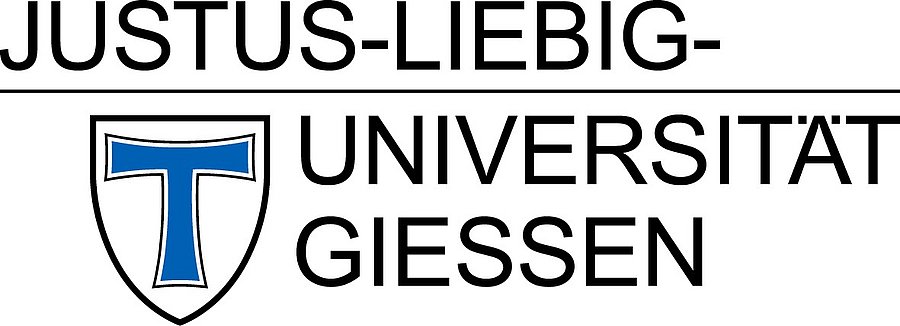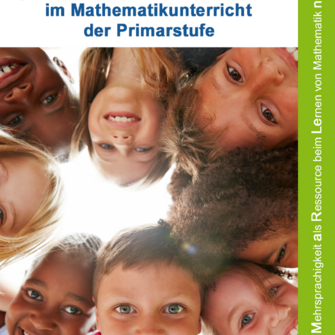„Mehrsprachigkeit als Ressource beim Lernen von Mathematik nutzen“ ist eine universitätsübergreifende Forschungsgruppe. Es forschen, diskutieren und publizieren die AG Fetzer und die AG Söbbeke, beide BUW, gemeinsam mit der AG Schreiber der Justus-Liebig-Universität Gießen.



Dear colleagues and researchers interested in multilingualism and mathmatics education,
As the editorial team, we are currently planning the third volume in our book series (Multilingualism as a Resource for the Learning of Mathematics). We would like to invite you to contribute to this upcoming volume. All essential information is summarised in this short handout. Please do not hesitate to contact us if you have any questions about the book project
(soebbeke[at]uni-wuppertal.de).
Die Bedeutung der Sprache wird für das Lernen von Mathematik sowohl aus kognitiver als auch aus kommunikativer Perspektive als zentral eingeschätzt und erfährt in der Mathematikdidaktik eine starke Beachtung. Im Kontext von Globalisierung und Migration ist Mehrsprachigkeit von Lernenden im alltäglichen Mathematikunterricht die Regel. Entsprechend nehmen in jüngerer Zeit Forschungsprojekte und Studien in der Mathematikdidaktik das fachliche und sprachliche Lernen unter den Bedingungen von Mehrsprachigkeit in den Blick.
Im Minisymposium soll Mehrsprachigkeit unter einer ressourcenorientierten Perspektive fokussiert werden. Es wird der Frage nachgegangen, inwiefern die Vielfalt der Herkunftssprachen und bilinguale Settings fachlich eine Ressource darstellen können. Es gilt zu diskutieren, welche spezifischen Kompetenzen mehrsprachige Kinder mitbringen und inwiefern diese für das mathematische Lernen aufgegriffen und gefördert werden können.
Wir freuen uns über ein breites Spektrum an Beiträgen, die Mehrsprachigkeit und bilinguales Lernen als Ressource in den Blick nehmen. Dabei sind qualitative und quantitative Studien gleichermaßen willkommen sowie Projektskizzen, die zum wissenschaftlichen Diskurs anregen.

Eileen Baschek, Marei Fetzer, Rebecca Klose, Christof Schreiber & Elke Söbbeke (Hrsg.)
Mehr dazu